Richard Matthews Hallet became one of the most prolific contributors to The Saturday Evening Post quite by accident, due largely to what he called the “the few seconds of any man’s life that are actually pivotal” and the exploits of a family ancestor who survived a shipwreck and harrowing sea-borne trials.
A native of Bath, Maine, a shipbuilding mecca in the 19th century, and freshly graduated from Harvard Law School, Hallet went to sea in 1911 in hopes of visiting the site of an uncle’s shipwreck in the Marshall Islands.
He never reached the vast archipelago of islands and atolls then, but did travel by foot, canoe, and any other means of transport through the wilds of Australia — “on the wallaby” as they say — and began to write stories, first published in a Melbourne newspaper.
Headed back to the United States to report to a New York law firm in 1912, he worked as a stoker in the boiler room of a large steamship, Orvieto. Arriving in London, he wrote a short story about his experience, and mailed it off to The Saturday Evening Post.
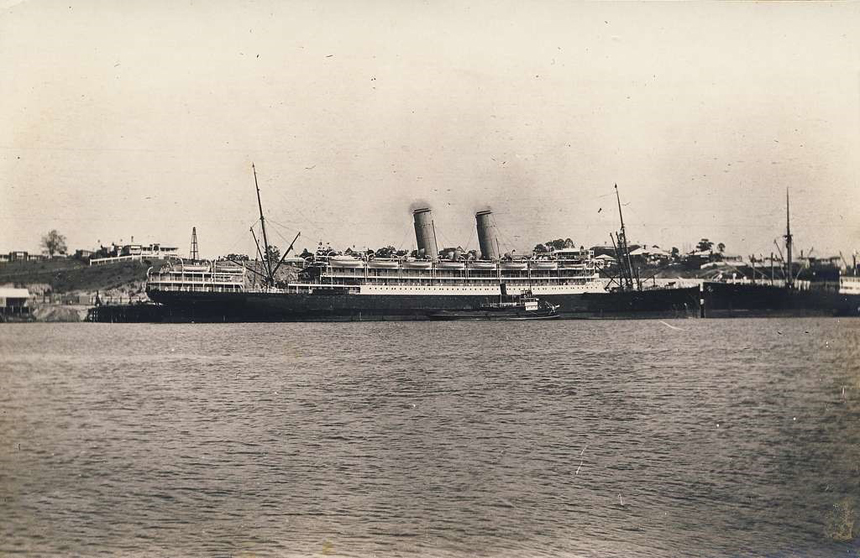
Hallet’s story, “The Black Squad,” described “the literal hell of a life [he] led in the boiler room — I saw black, thought black, spit black, the base of my brain was enclosed in a black fog” — with an abrasive crew of misfits and “the impenetrable wall between firemen and first-class passengers.” A noted preacher told the April 17, 1915, Bath Independent that every clergyman should read the story to strengthen “their conception of hell’s fire.”
Several months later, having returned from London and days away from reporting to the New York law firm, Hallet visited his family in Cambridge, Massachusetts and found a letter from the editor of The Saturday Evening Post, George Horace Lorimer, offering him $250 for the story. ($250 in 1912 would equal approximately $7,000 in 2022).
Although Hallet later insisted that the sinking of the Titanic in April that year had spiked interest in “ocean greyhounds,” he resolved then and there that “literature, not law, was his game,” according to a profile of Hallet by Richard Cary in the June 1967 Colby Library Quarterly. He never reported to the law firm.
Hallet then proceeded on a life of adventure and writing – working in copper mines in Arizona, lumber mills in Canada, and as a maritime officer on warships crossing the Atlantic with soldiers and horses during World War I in the face of German U-boats. All the while, he submitted short stories and an occasional article to the leading magazines of the day, including The Saturday Evening Post, Harper’s, Collier’s, The Atlantic, and others. He was being published more and more frequently.
Hallet, whose literary heroes were Joseph Conrad, Jack London, and Willa Cather, first came to national attention in 1916 when his “Making Port” was selected as one of The Best Stories of 1916 by the anthologist Edward J. O’Brien. O’Brien, in fact, termed it the best short story of the year — out of 2,500 he reviewed. Like many of his tales, “Making Port” was drawn from Hallet’s personal experience about an old salt Hallet encountered during his very first shipboard adventure, a romantic but unlucky seaman who always seemed to choose the wrong ship in a long, Sisyphean struggle to return home to Liverpool.
O’Brien, who said in the introduction to his short story collection that he preferred stories that “rendered life imaginatively in organic substance and artistic form,” praised the “subtlety of [Hallet’s] substance as lucidly conveyed through deft characterization, clearly revealed atmosphere and richly colored speech. The story ranks with the best of Conrad.”
Other contributors to that 1916 collection included Robert Frost, Sherwood Anderson, Edith Wharton, and Theodore Dreiser. Critics then and later often drew favorable comparisons of Hallet’s writing to Conrad, London, Herman Melville, and Stephen Crane.
Hallet wrote more than 200 short stories in a long career (65 for the Post), five novels, and an entertaining autobiography, The Rolling World, published by Houghton Mifflin in 1938. Most of his fiction portrayed vivid tales of the sea, often built around shipboard tensions, and tales of Maine and New England and their small-town values and rivalries.
He served as an editorial writer and foreign correspondent for Maine newspapers later in life and campaigned for establishment of the Maine Maritime Academy in Castine, Maine, today one of the leading such institutions of its kind.
Hallet eventually reached the Marshall Islands at the end of World War II and wrote an article for the Post, “My Uncle’s Footprints” (March 30, 1946).
I was encouraged by Hallet to look into journalism and a career in writing when I myself was in law school and became a foreign correspondent and editorial writer for The Baltimore Sun. It took some time, but this collection is my opportunity to repay Richard Hallet, (my mother’s first cousin) for his sage counsel in pointing me towards a reasonably successful career in journalism and writing. This year, I chose 18 of Hallet’s stories and articles for Beyond the Tides, published by Down East Books. (Seven are from the Post).
My son, Alexander Jackson Hill, and I also published A Flick of Sunshine; The Remarkable Shipwrecked, Marooned, Maritime Adventures and Tragic Fate of an American Original (Lyons Press), which is the engaging tale of the shipwreck and survival of Hallet’s uncle and muse, Will Jackson, whose exploits in the Pacific he had grown up reading about as a child.
Frederic B. Hill was a foreign correspondent for The Baltimore Sun in Europe and Africa; then foreign affairs director to Sen. Charles “Mac” Mathias (R., MD) and later organized wargaming exercises on national security issues for the Department of State. He is the author or editor of six books on Maine shipbuilding history, American politics and newspapers.

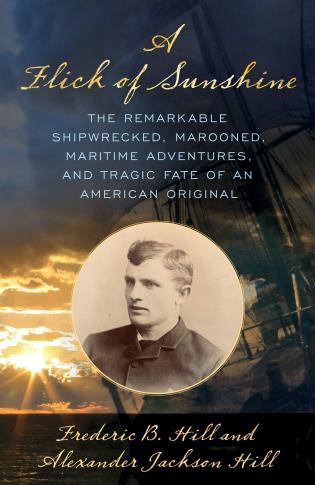
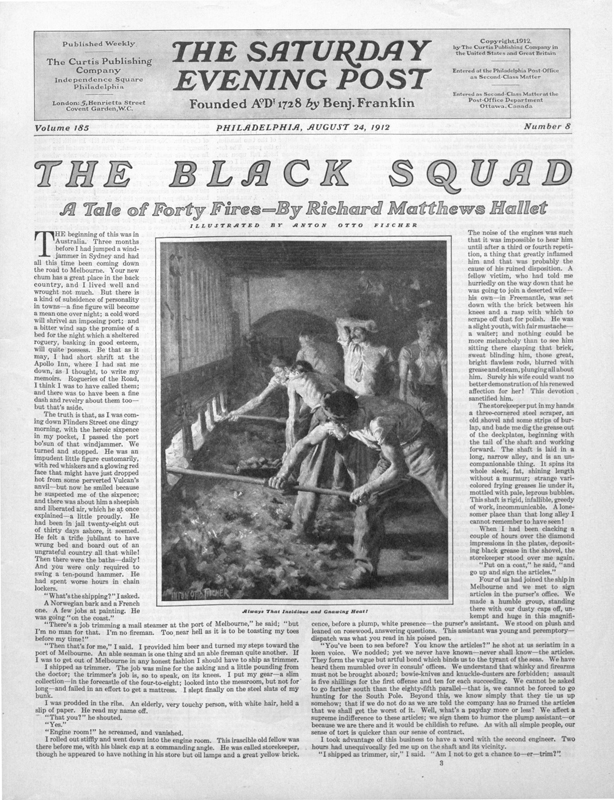
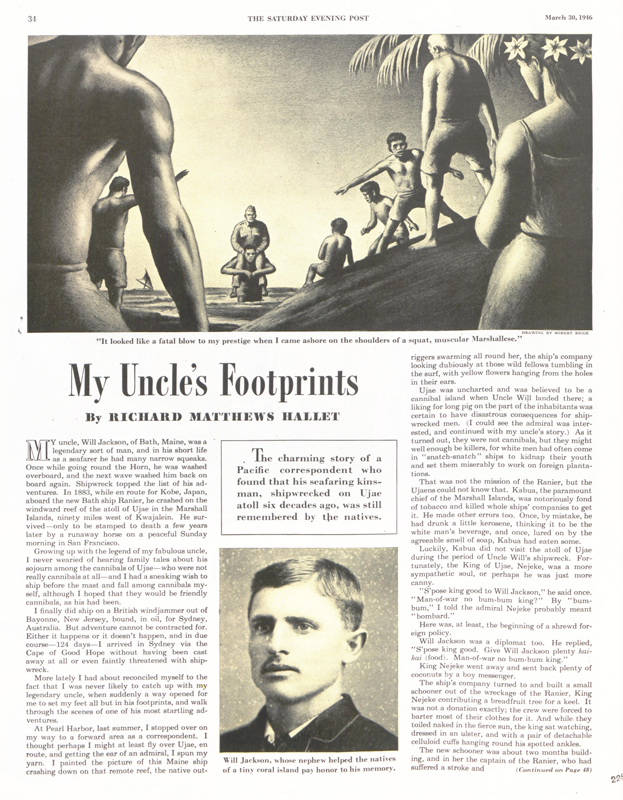
Become a Saturday Evening Post member and enjoy unlimited access. Subscribe now
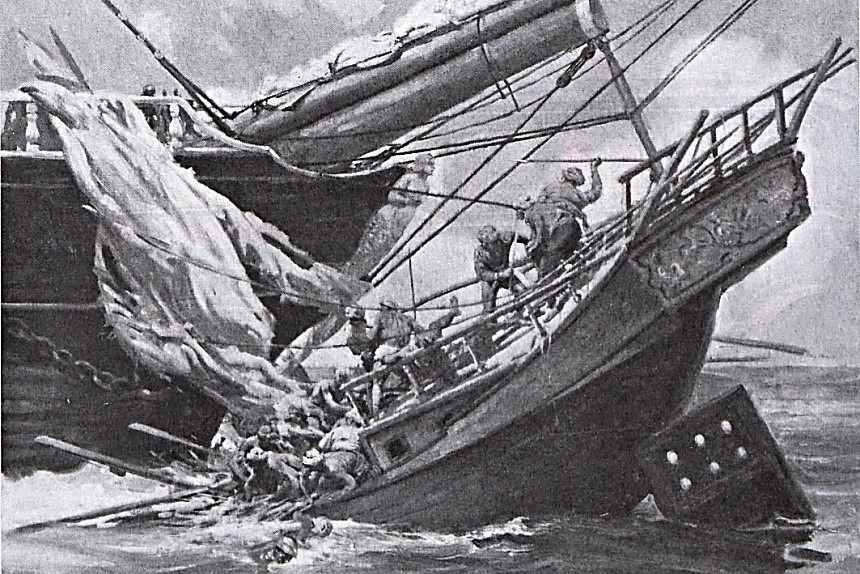



Comments
Thanks for posting this story! And for the “Rivets” cartoon in the article!